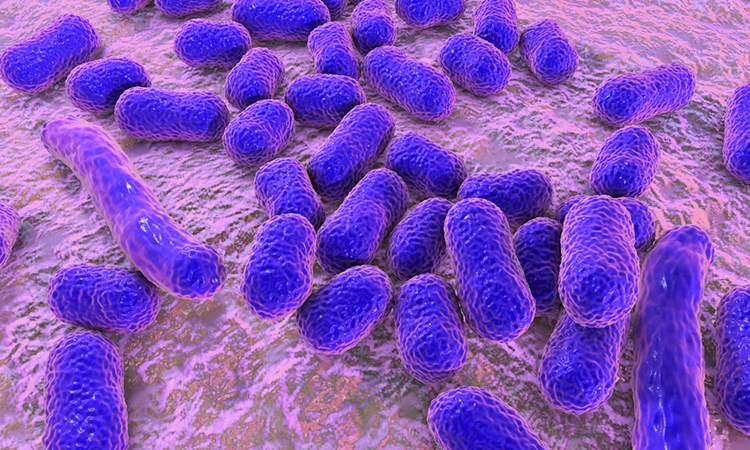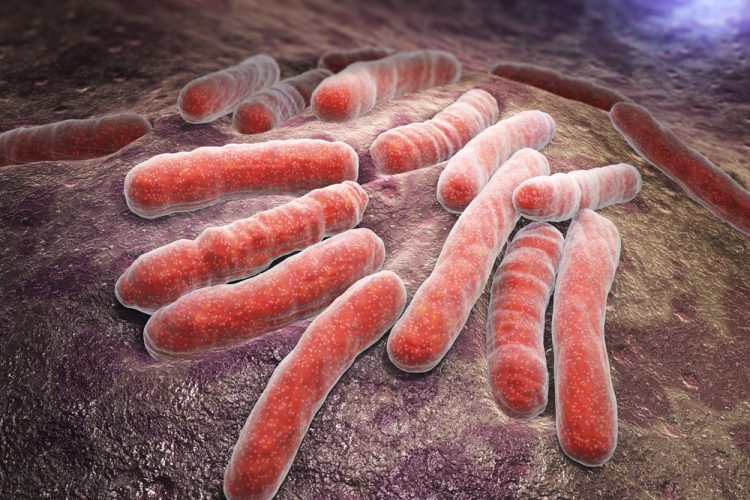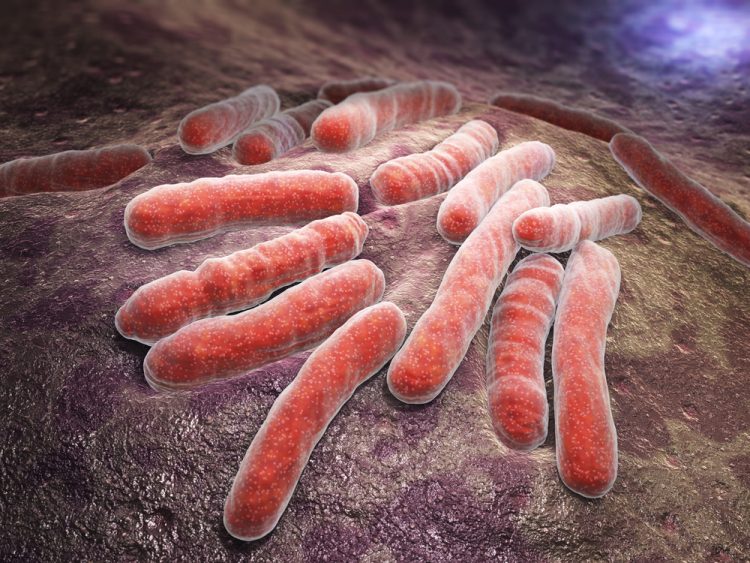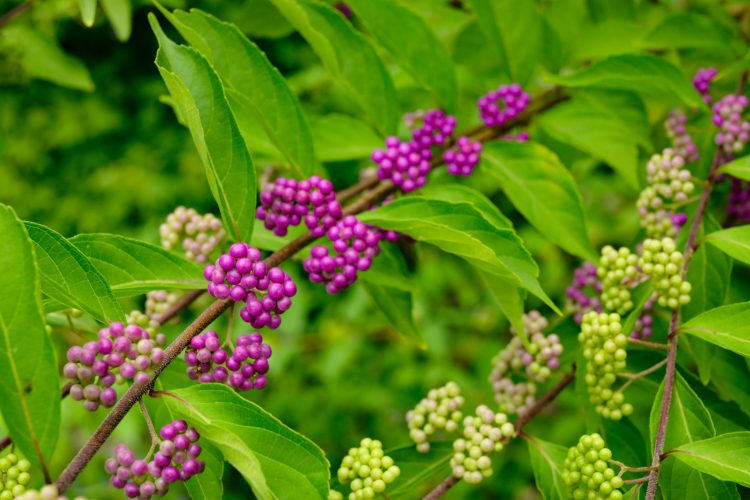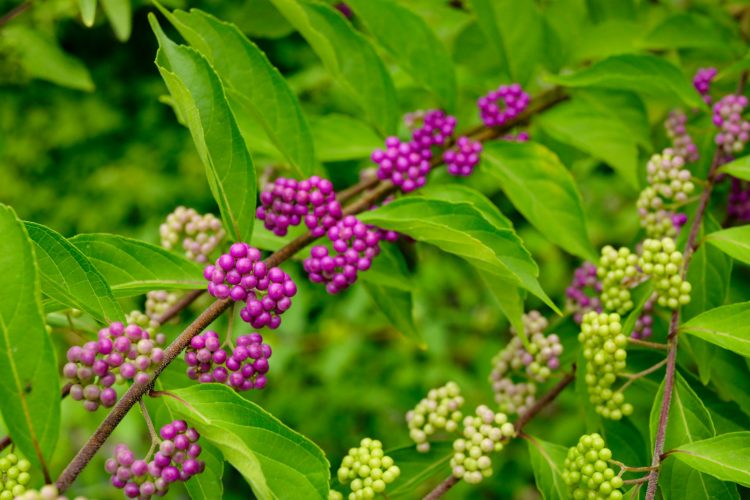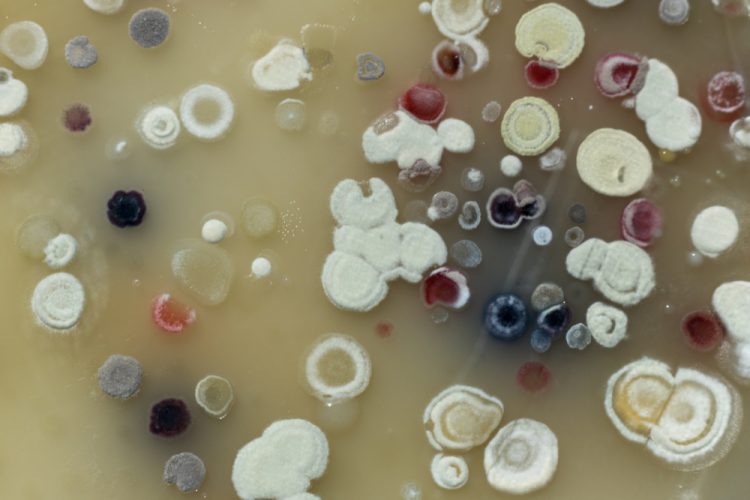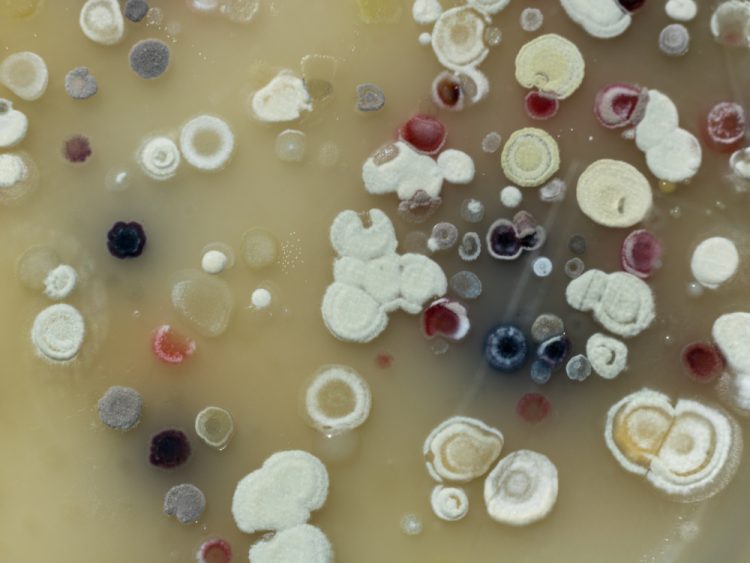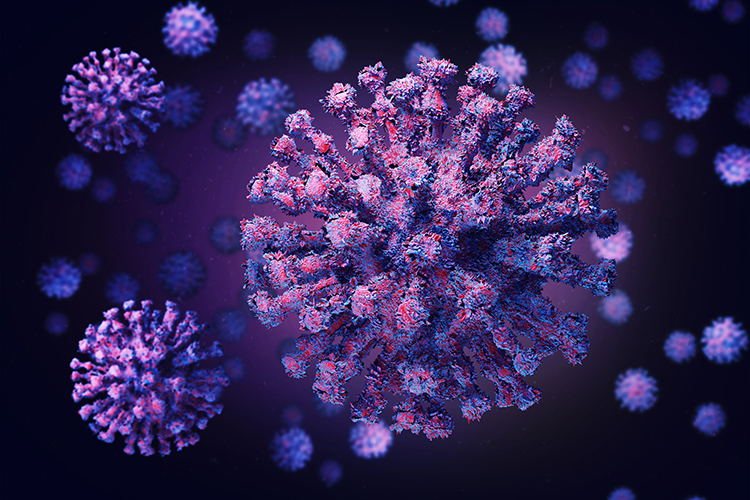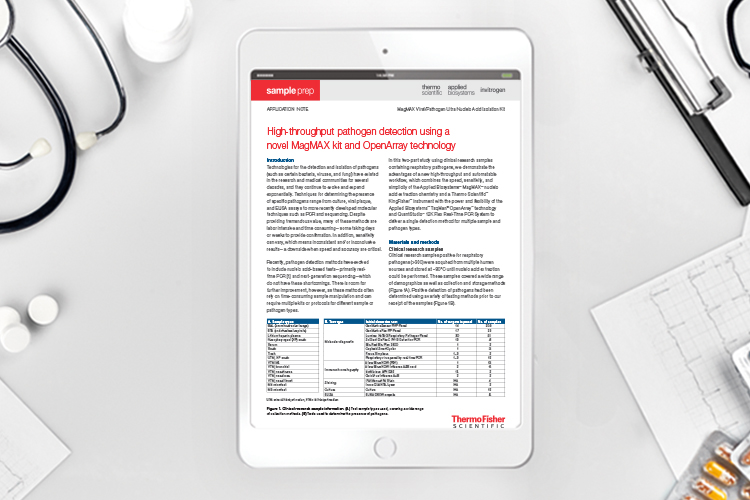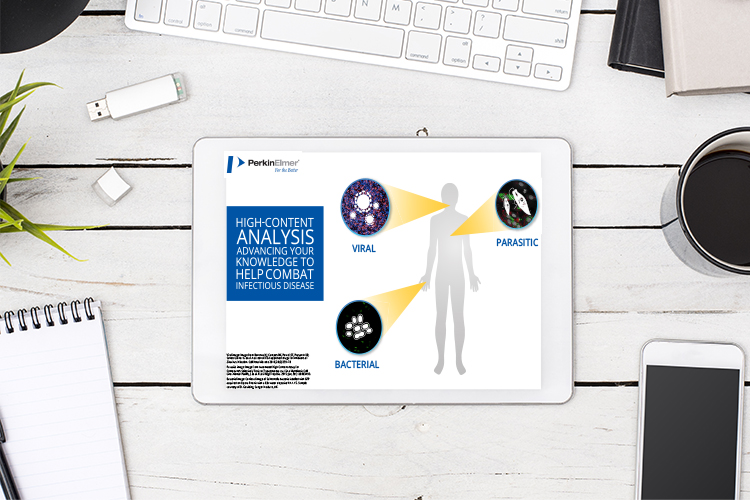Identification of novel biosynthetic pathways in lichens could lead to new therapeutics
Scientists have identified a new family of biosynthetic genes in lichens with unknown functions, which could produce new molecules for the pharmaceutical industry.



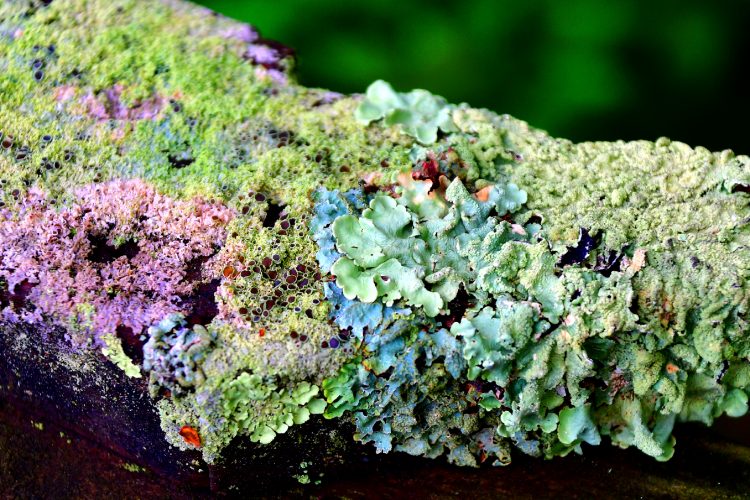
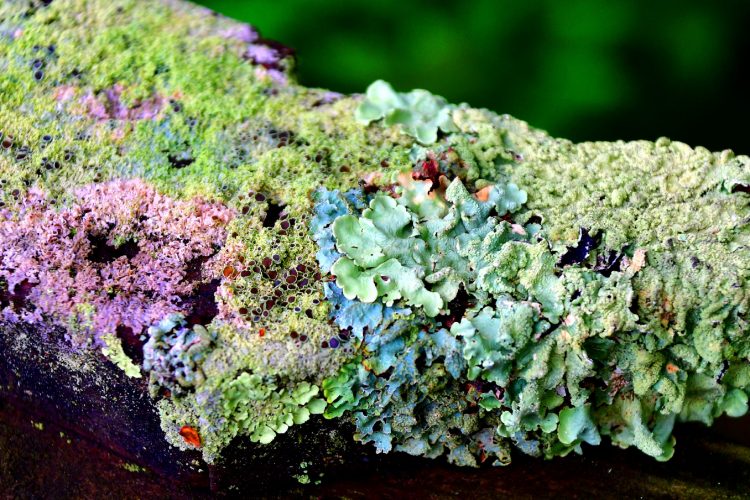
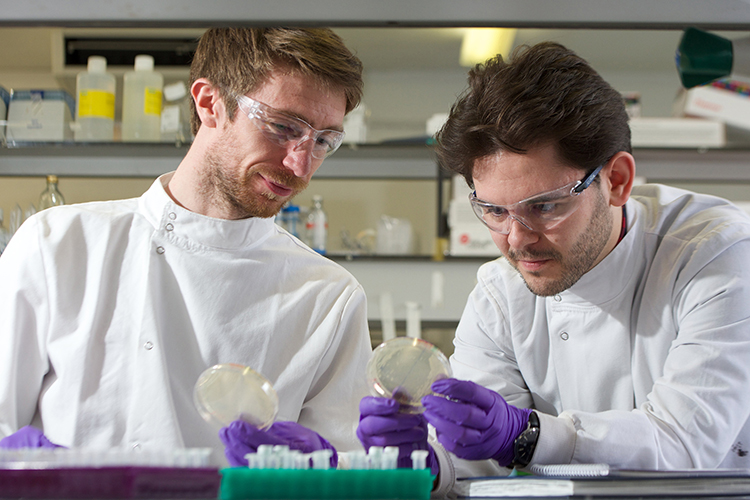
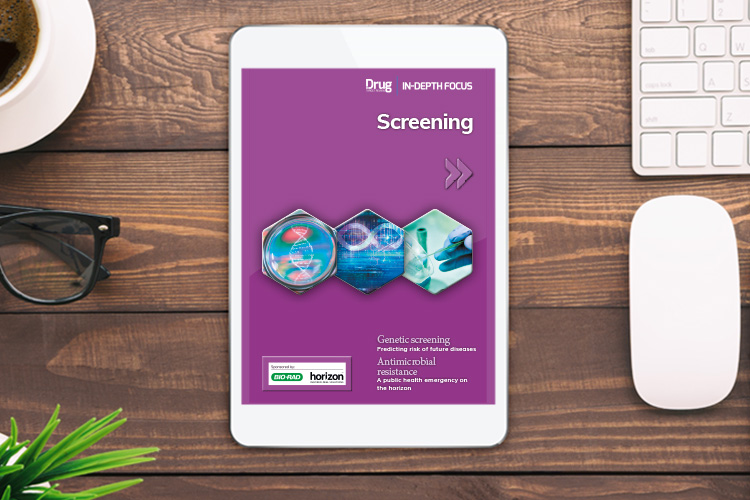
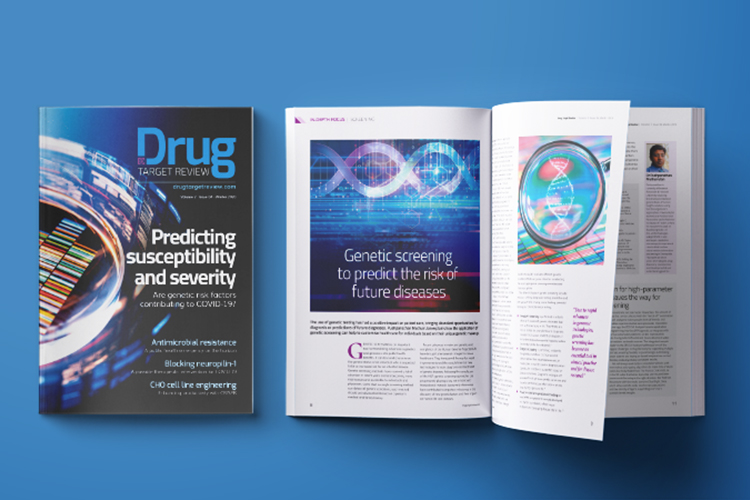
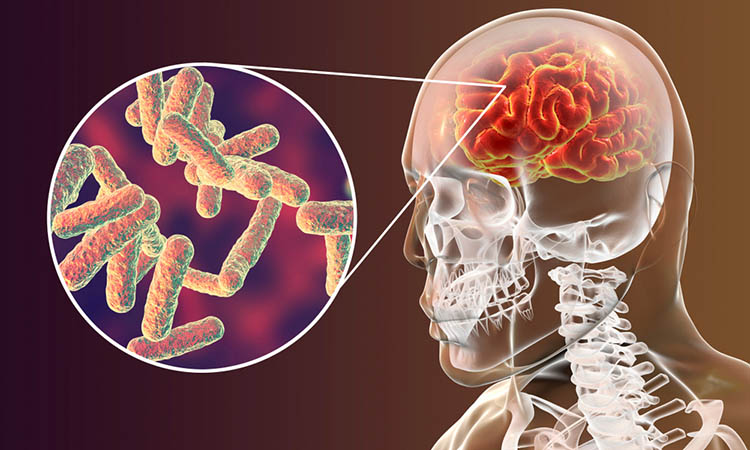
![Wasp on a wooden platform [Credit: University of Pennsylvania].](https://www.drugtargetreview.com/wp-content/uploads/Vespula-lewisii-wasp-750x500.jpg)
![Wasp on a wooden platform [Credit: University of Pennsylvania].](https://www.drugtargetreview.com/wp-content/uploads/Vespula-lewisii-wasp-e1602594547599.jpg)
![Syringe drawing liquid from a vial labelled 'REMDESIVIR', on a background of abstract SARS-CoV-2 particles [Credit: ffikretow@hotmail.com / Shutterstock.com].](https://www.drugtargetreview.com/wp-content/uploads/remdesivir-SARS-CoV-2-750x500.jpg)
![Syringe drawing liquid from a vial labelled 'REMDESIVIR', on a background of abstract SARS-CoV-2 particles [Credit: ffikretow@hotmail.com / Shutterstock.com].](https://www.drugtargetreview.com/wp-content/uploads/remdesivir-SARS-CoV-2-scaled-e1602154798857.jpg)
